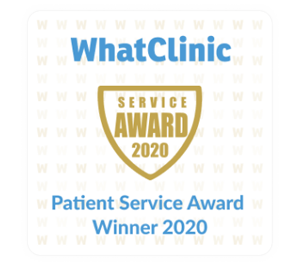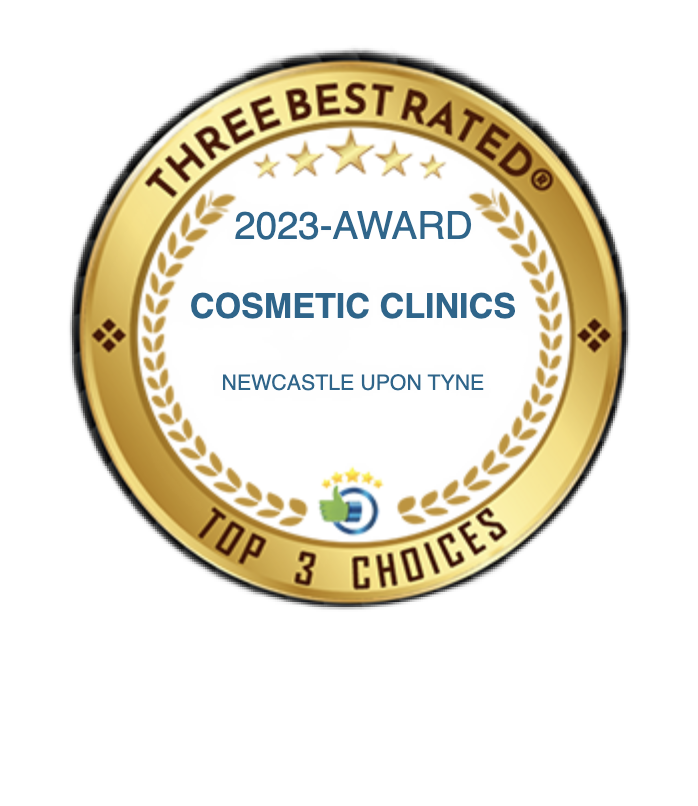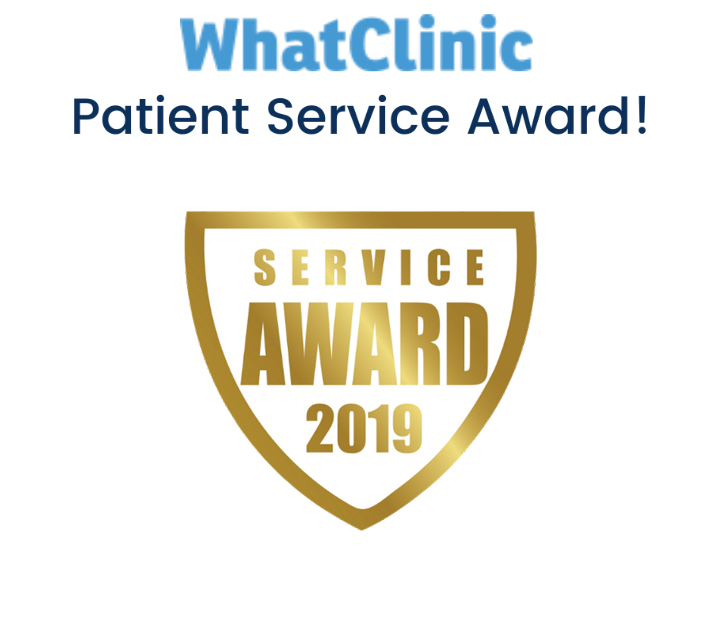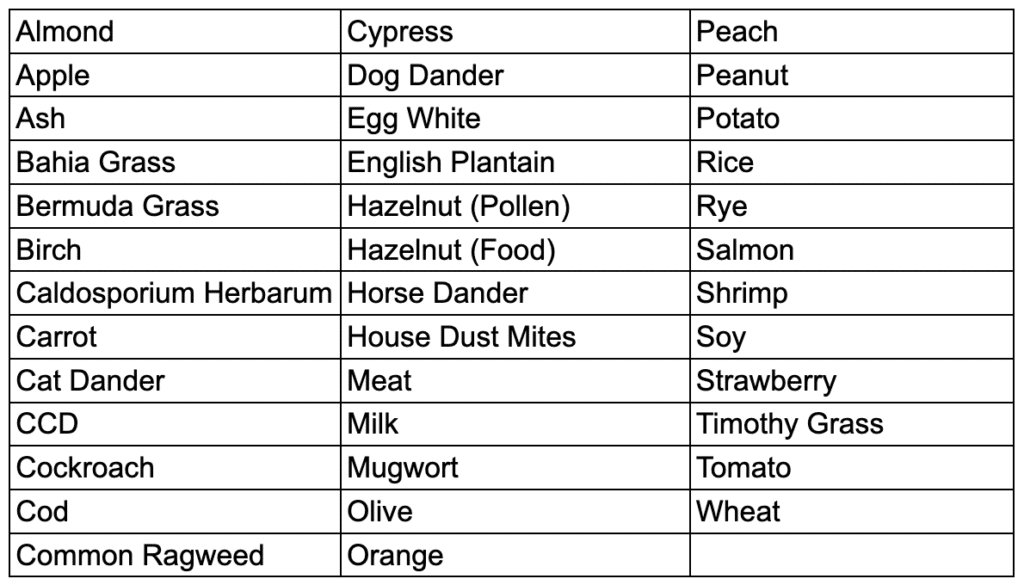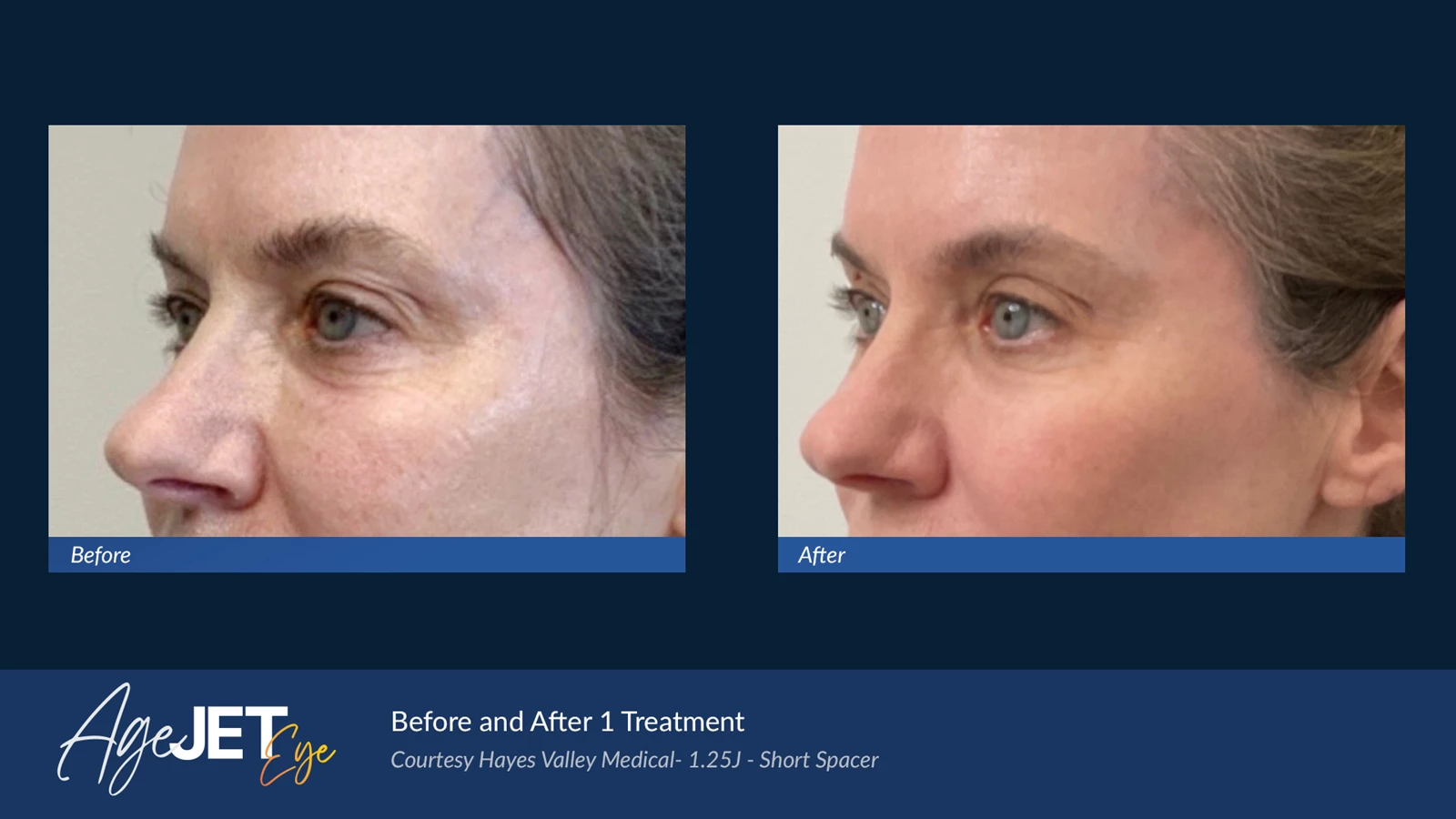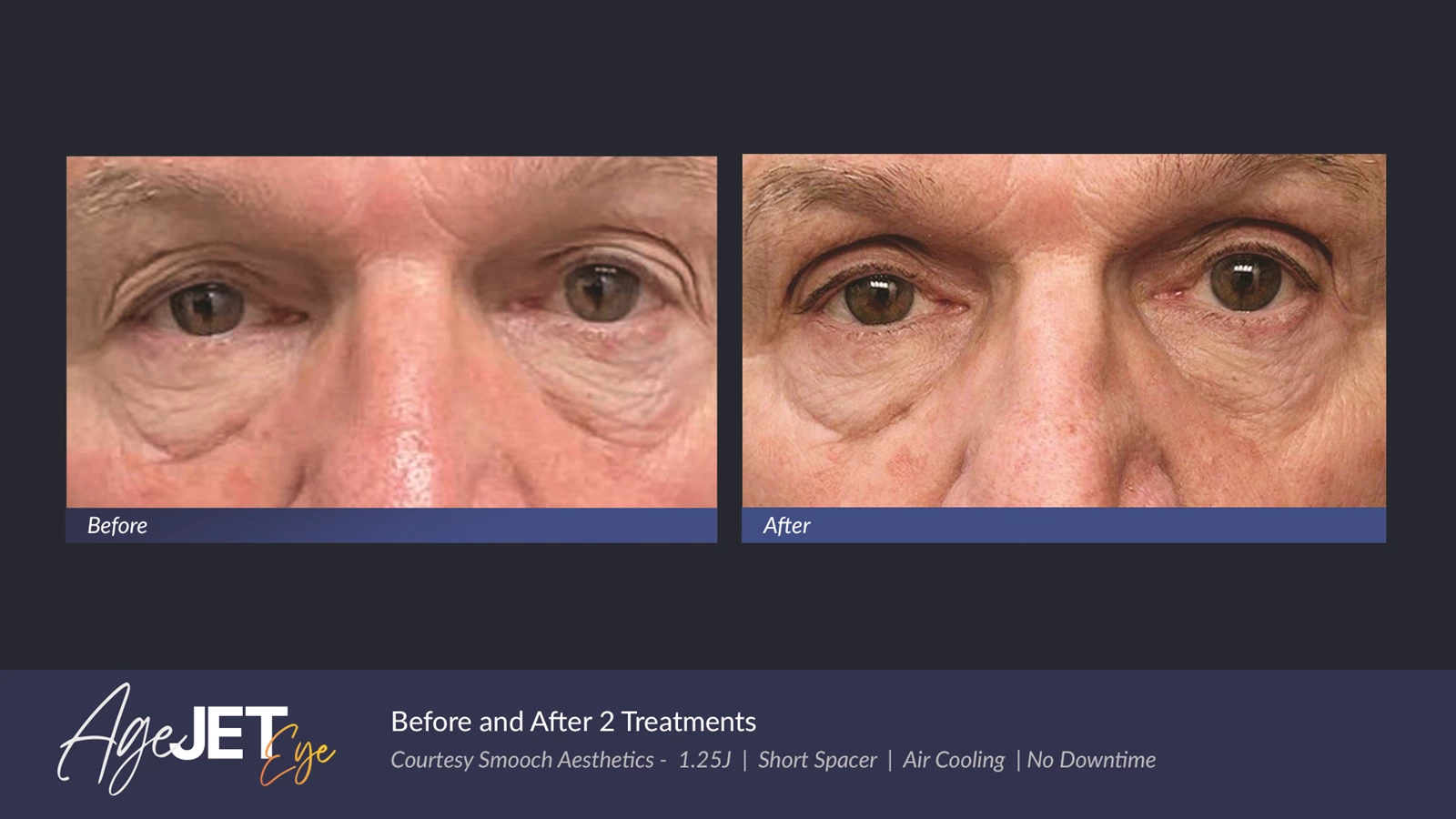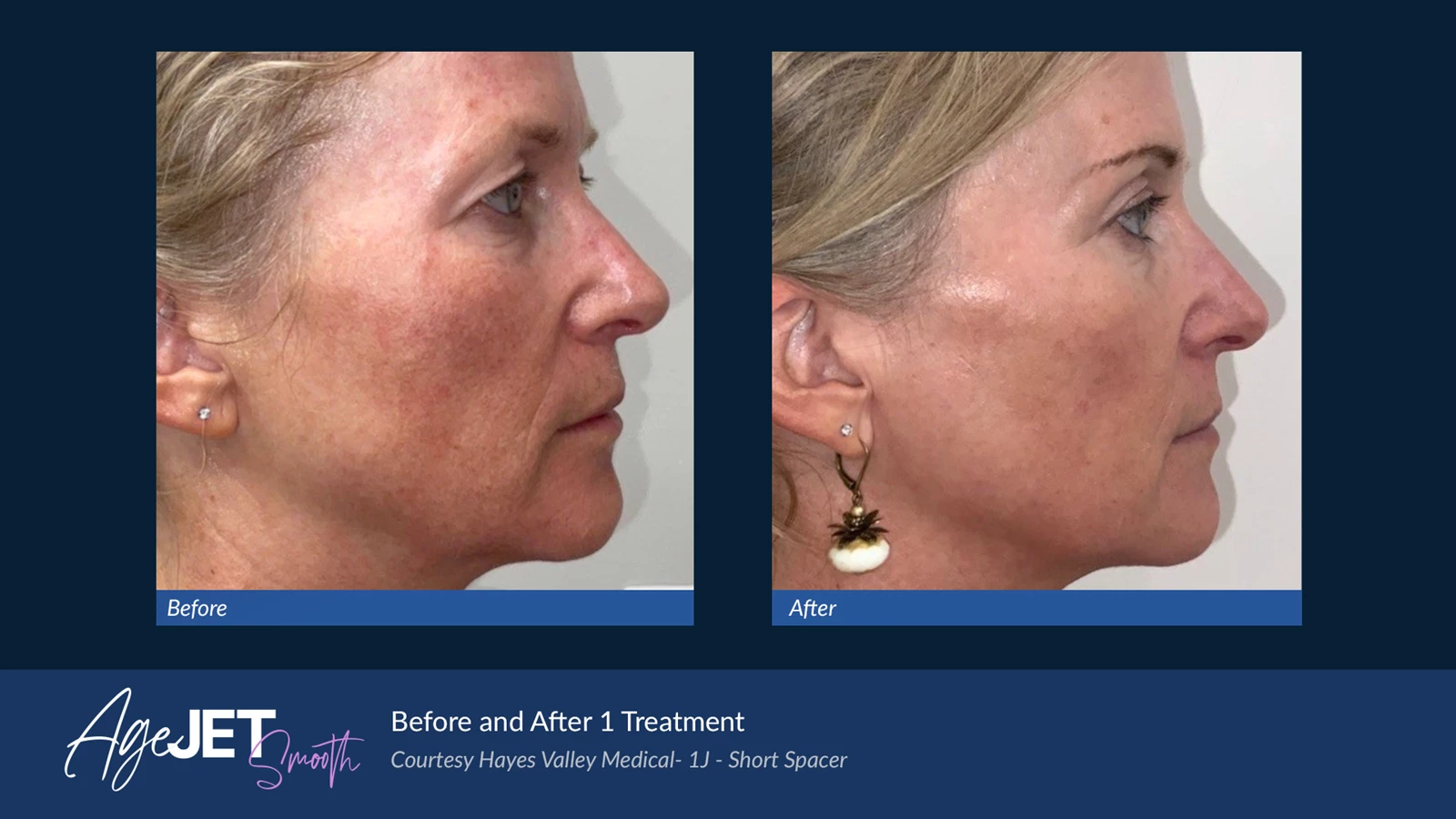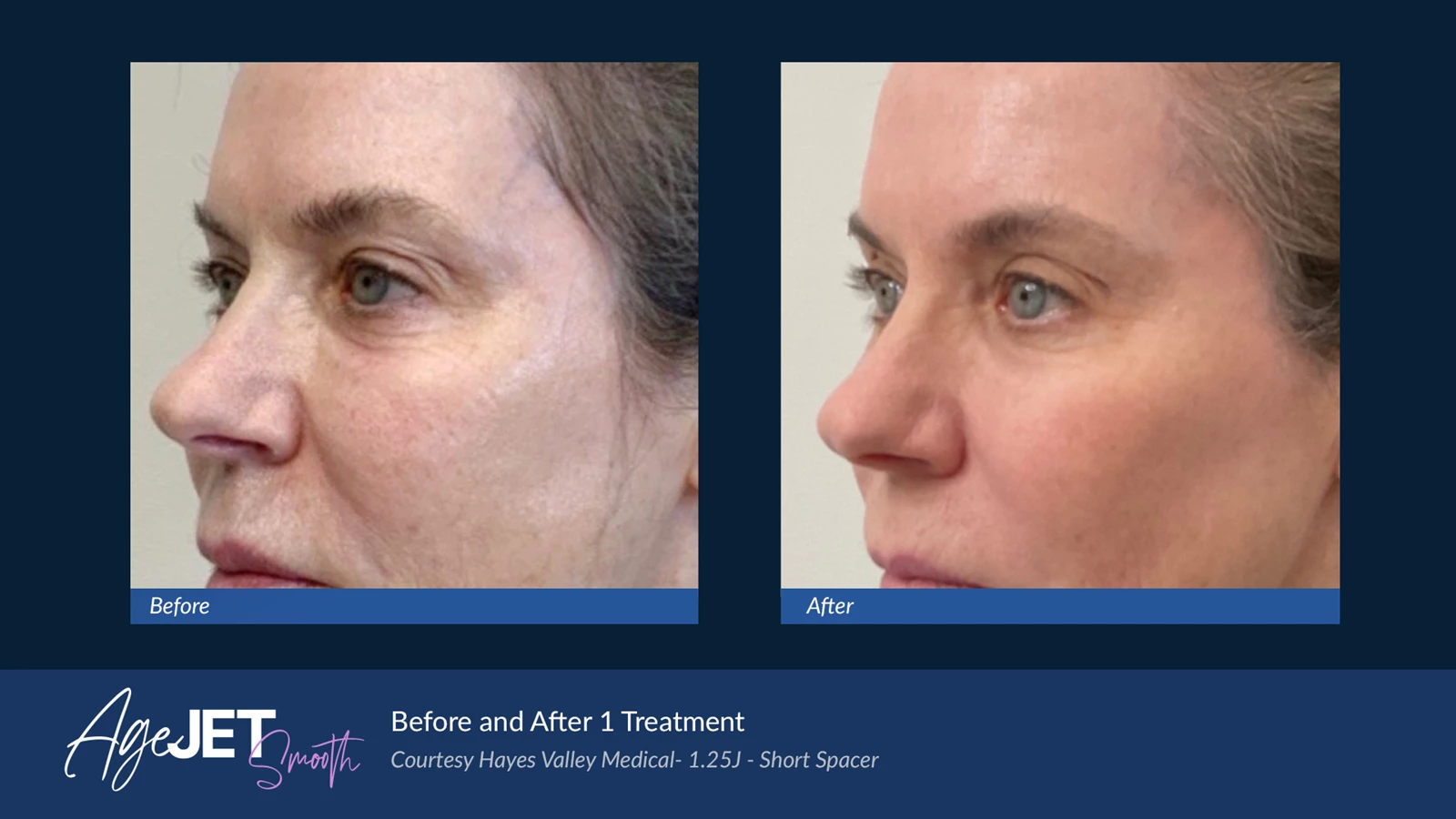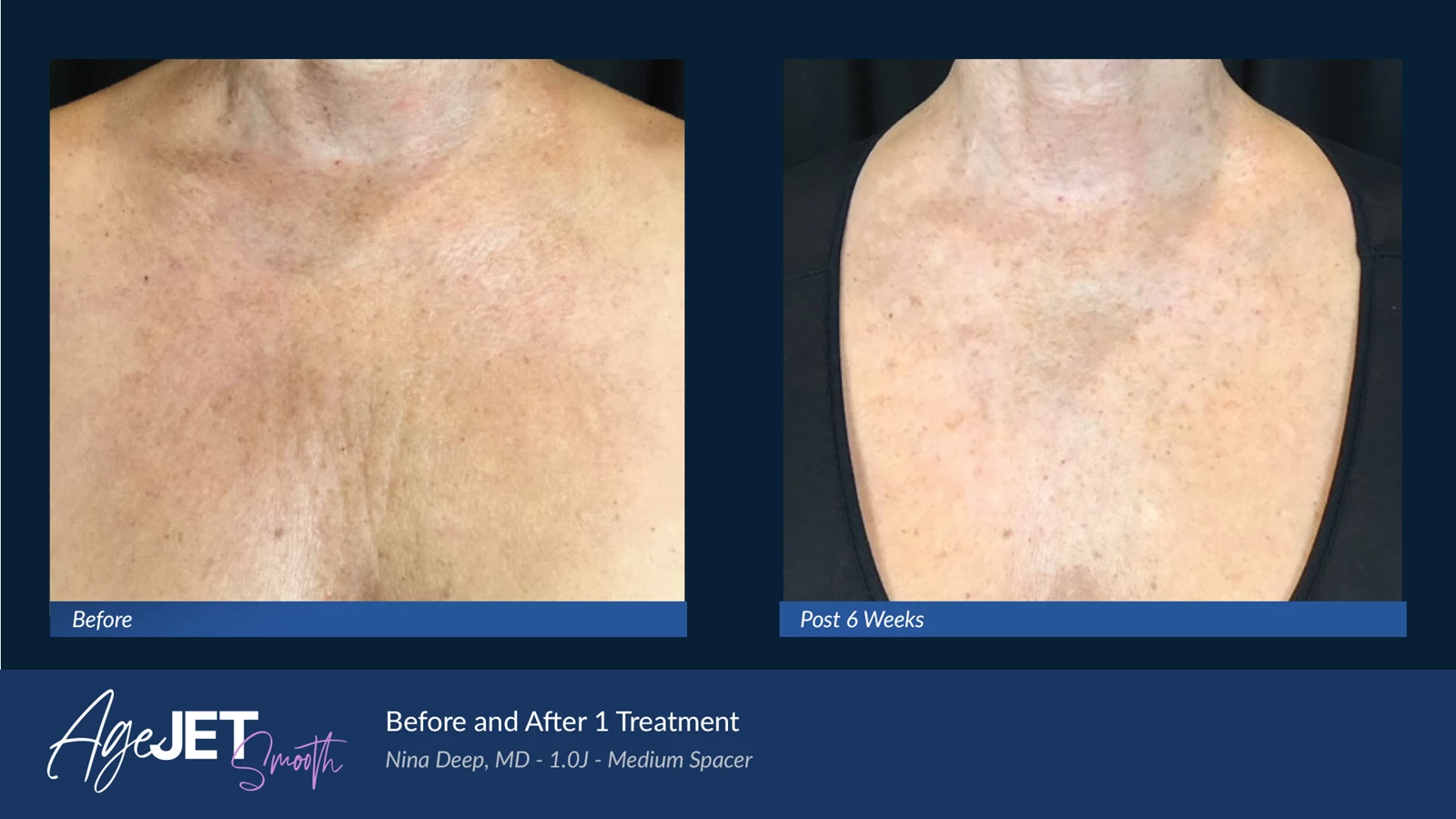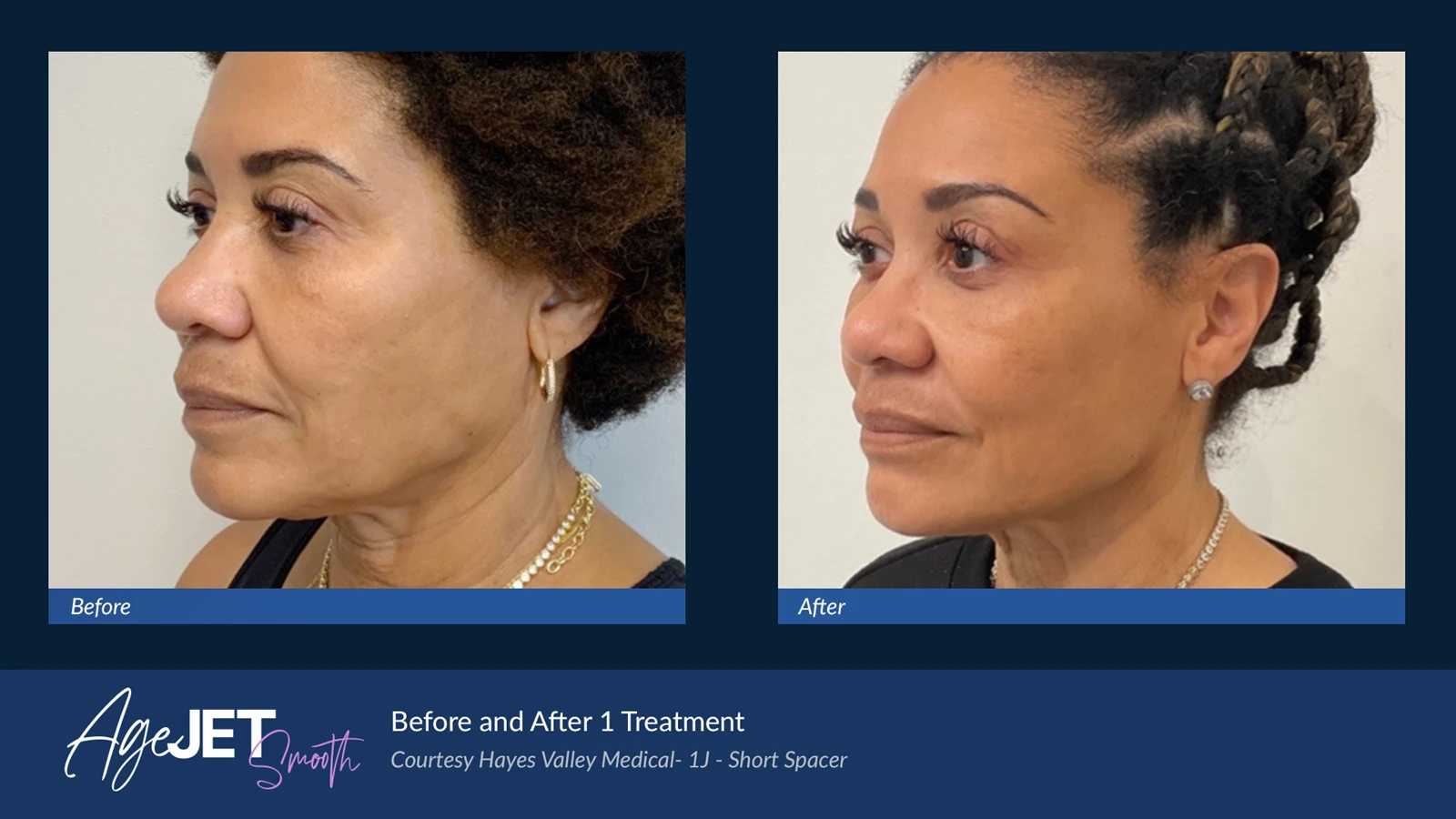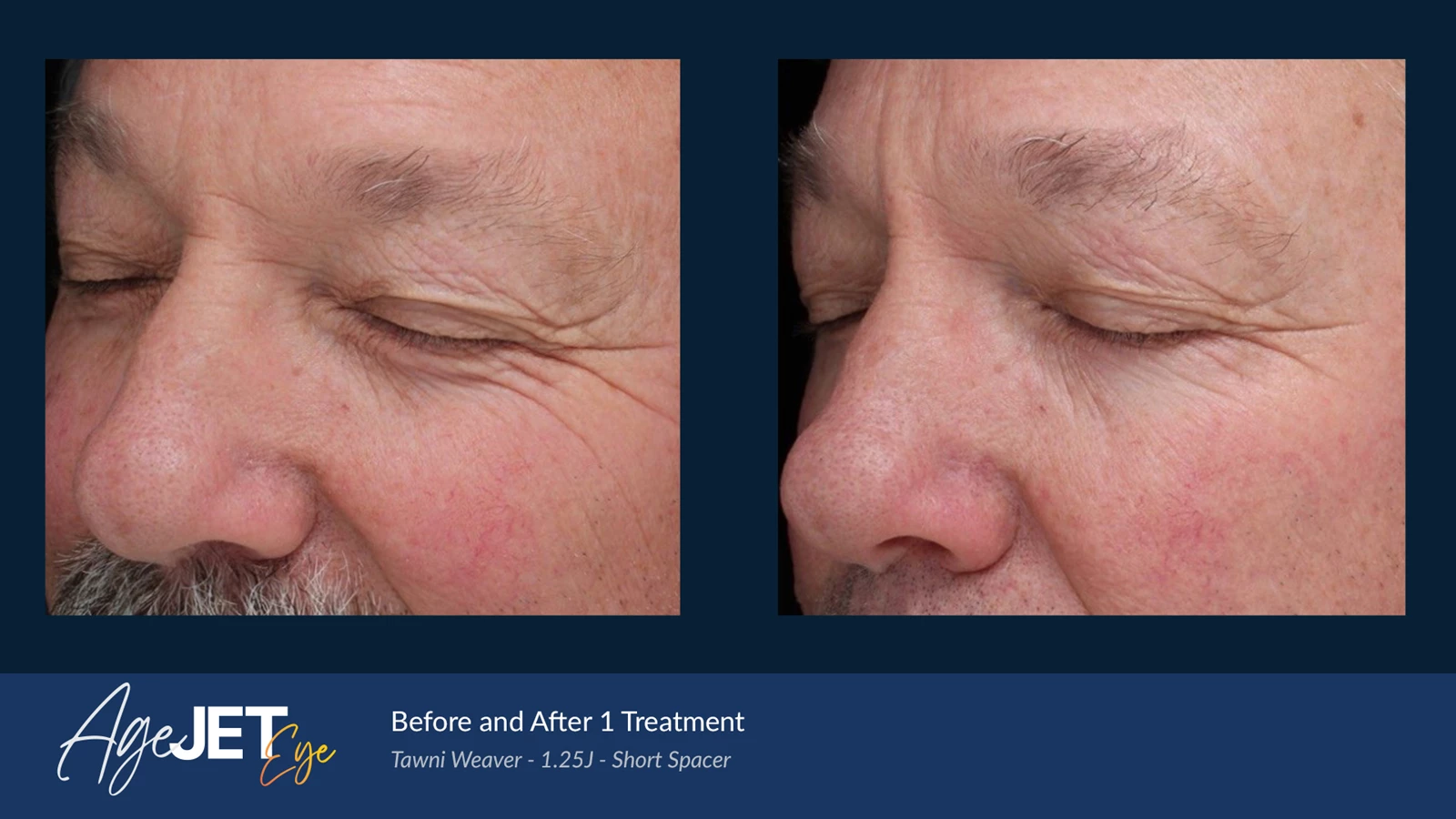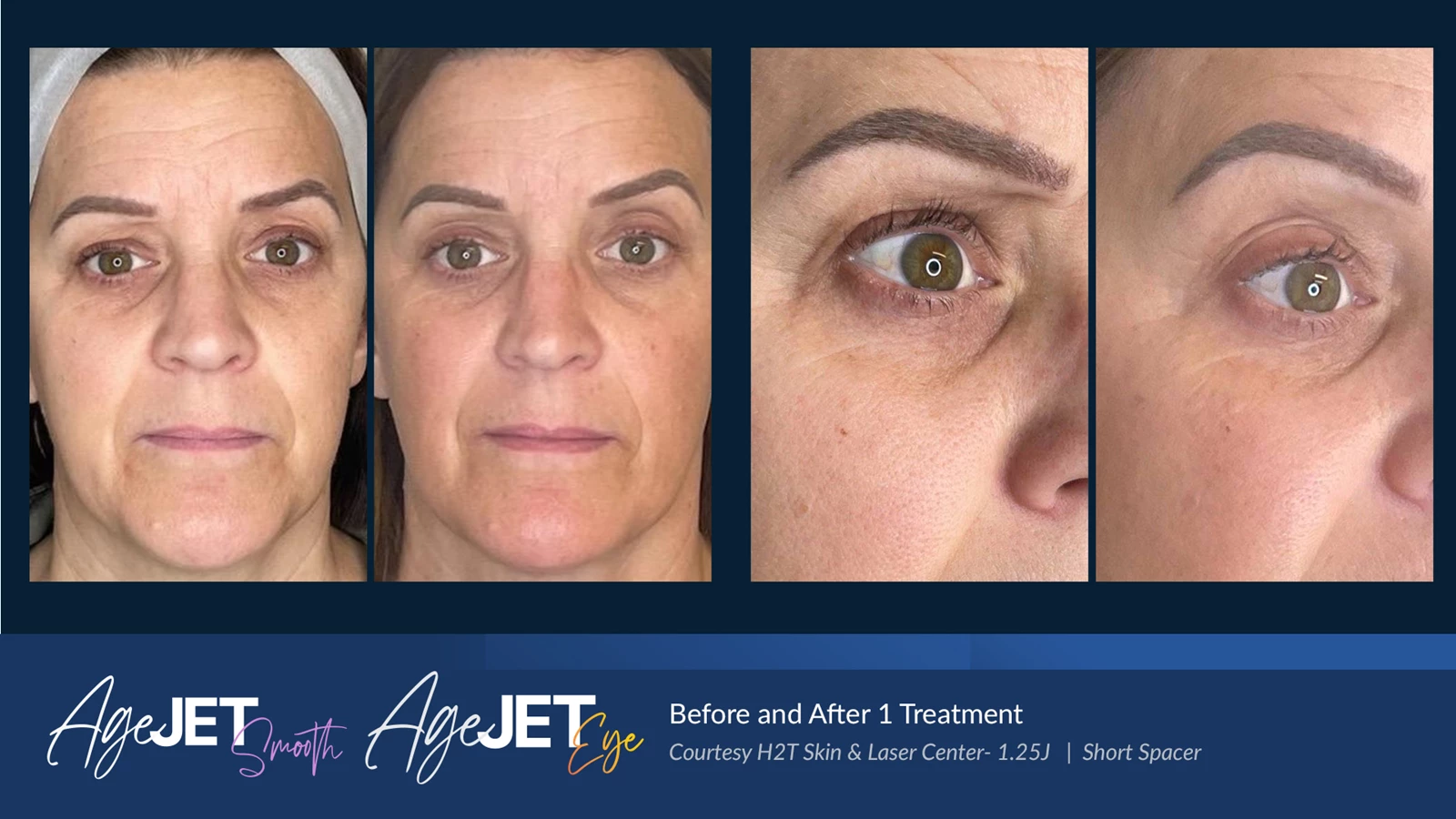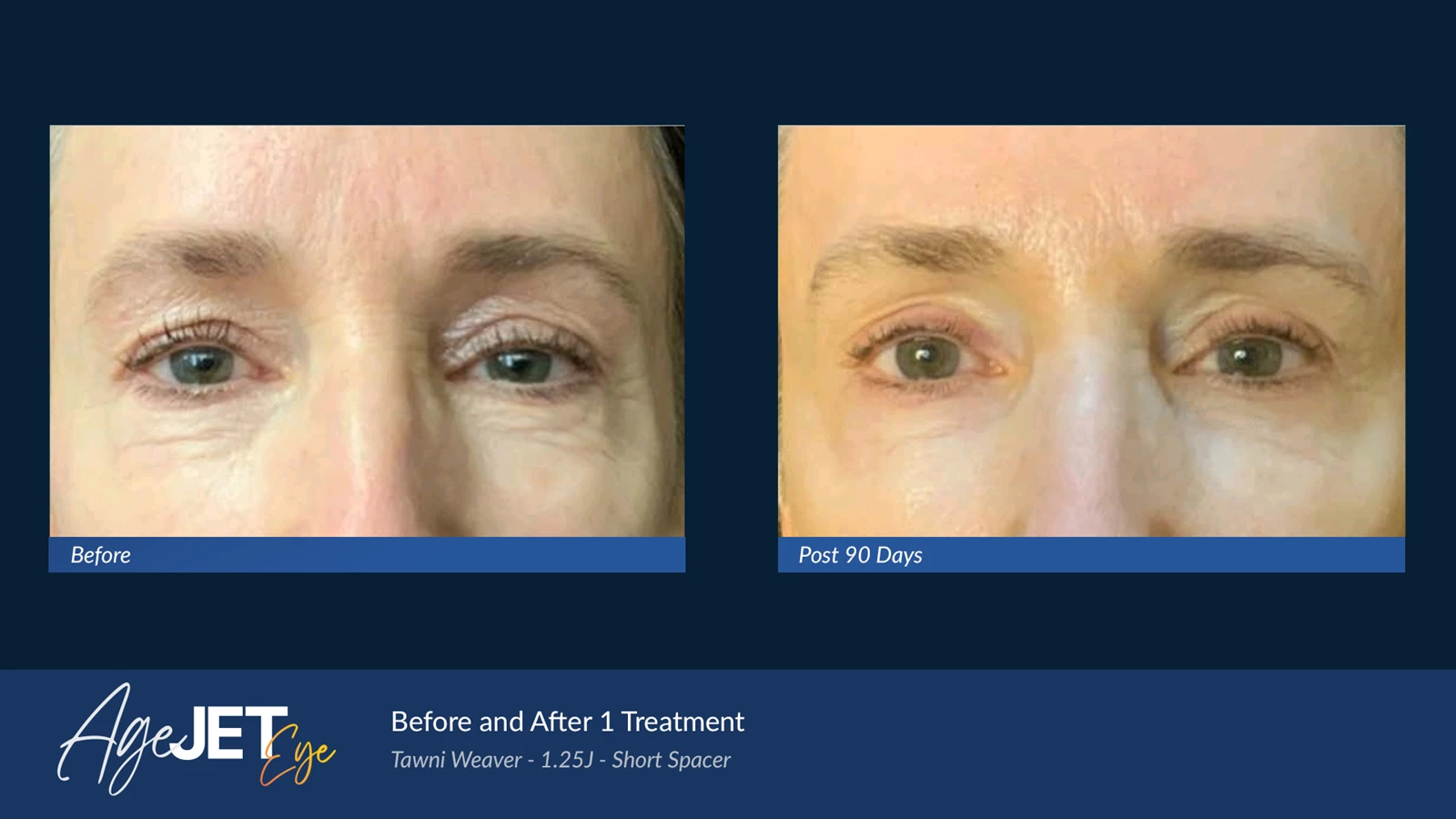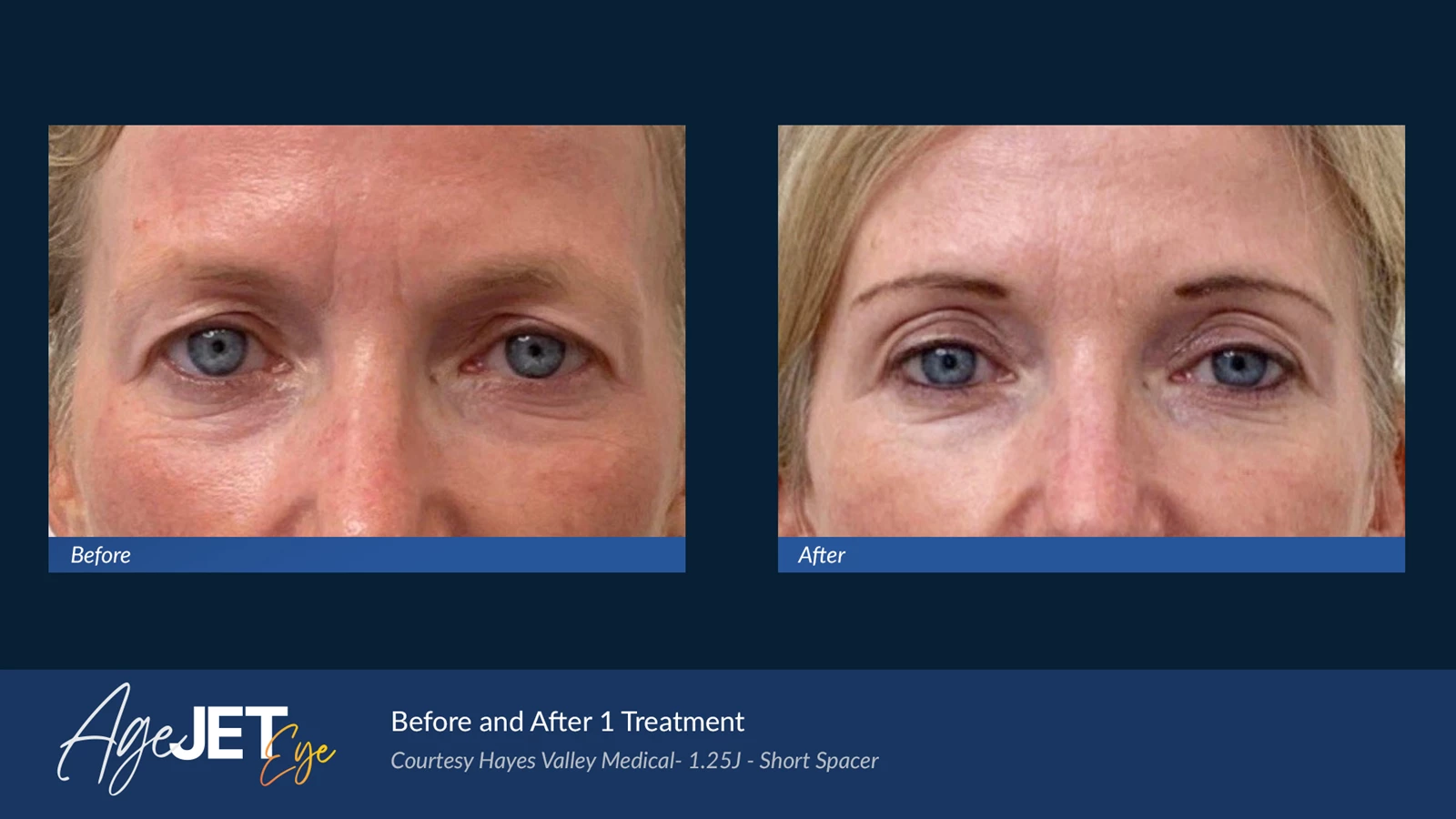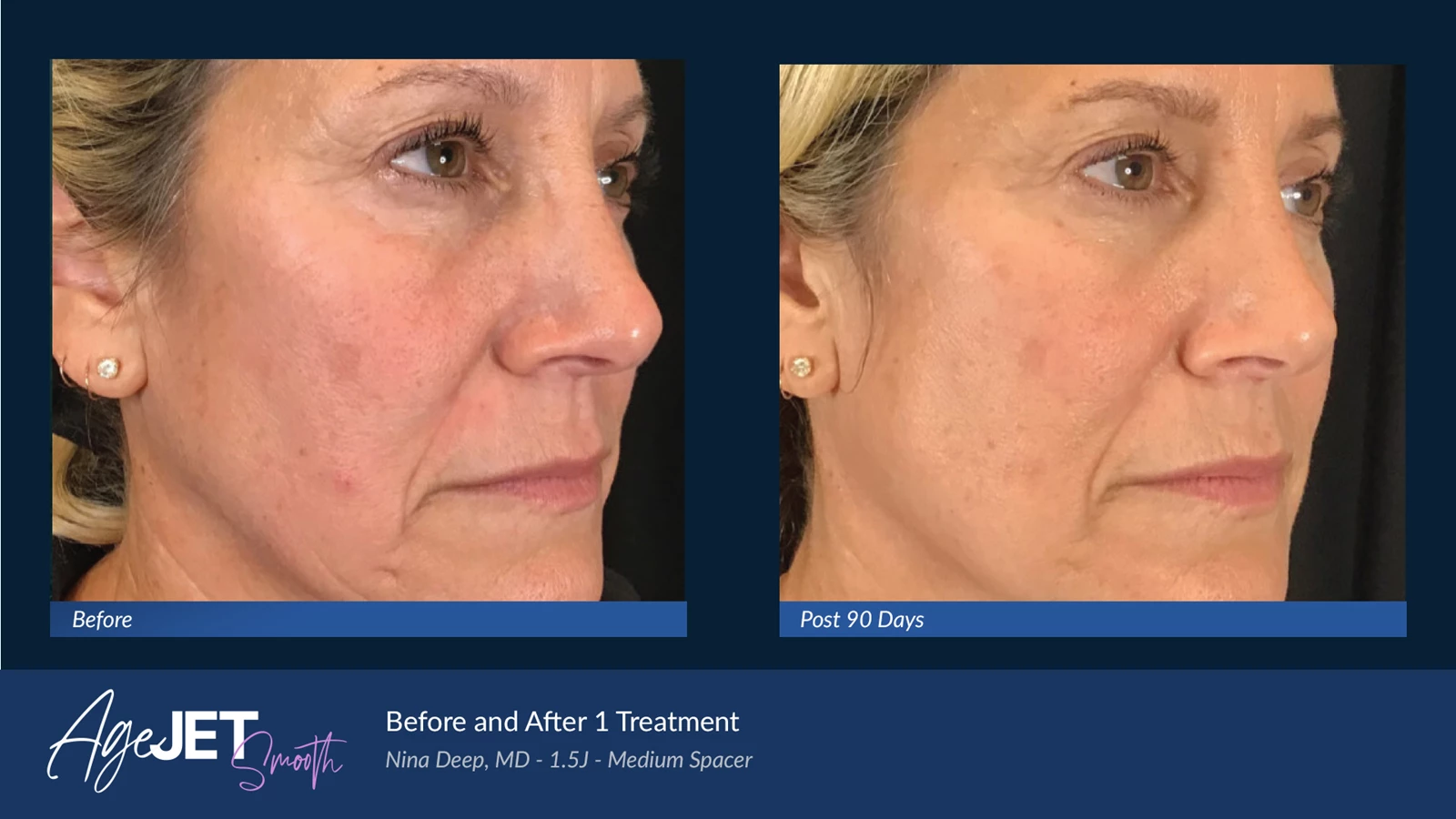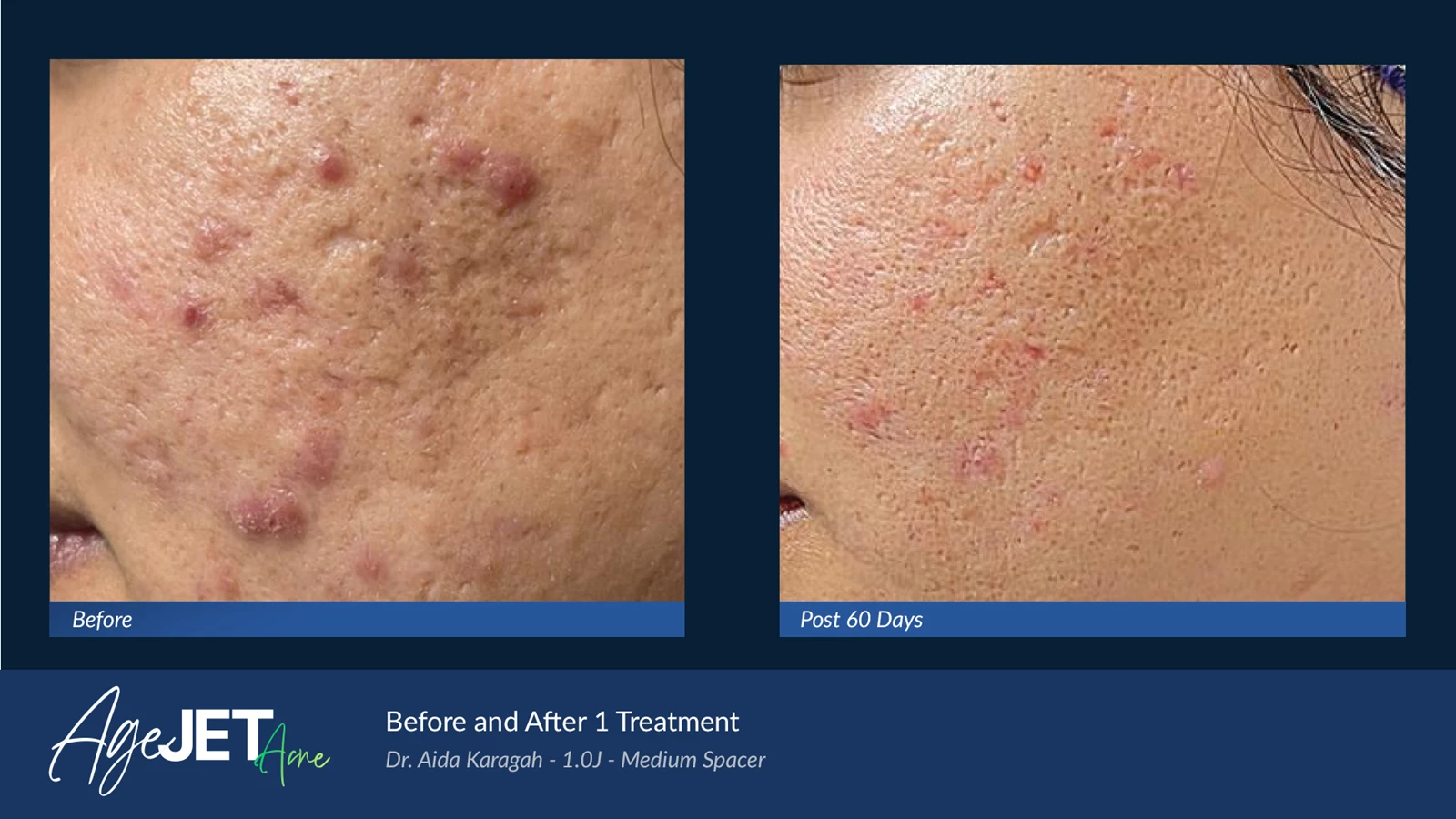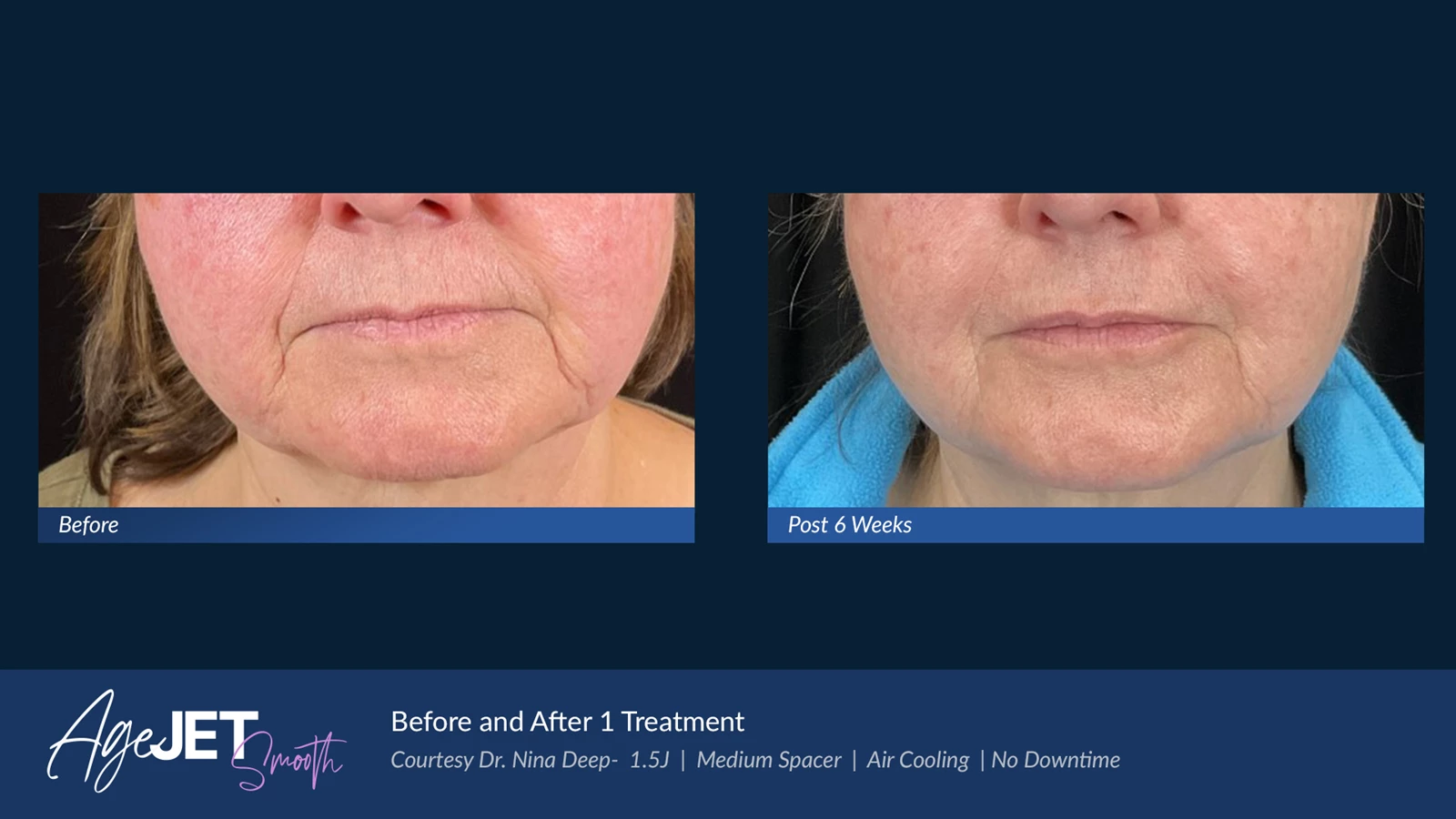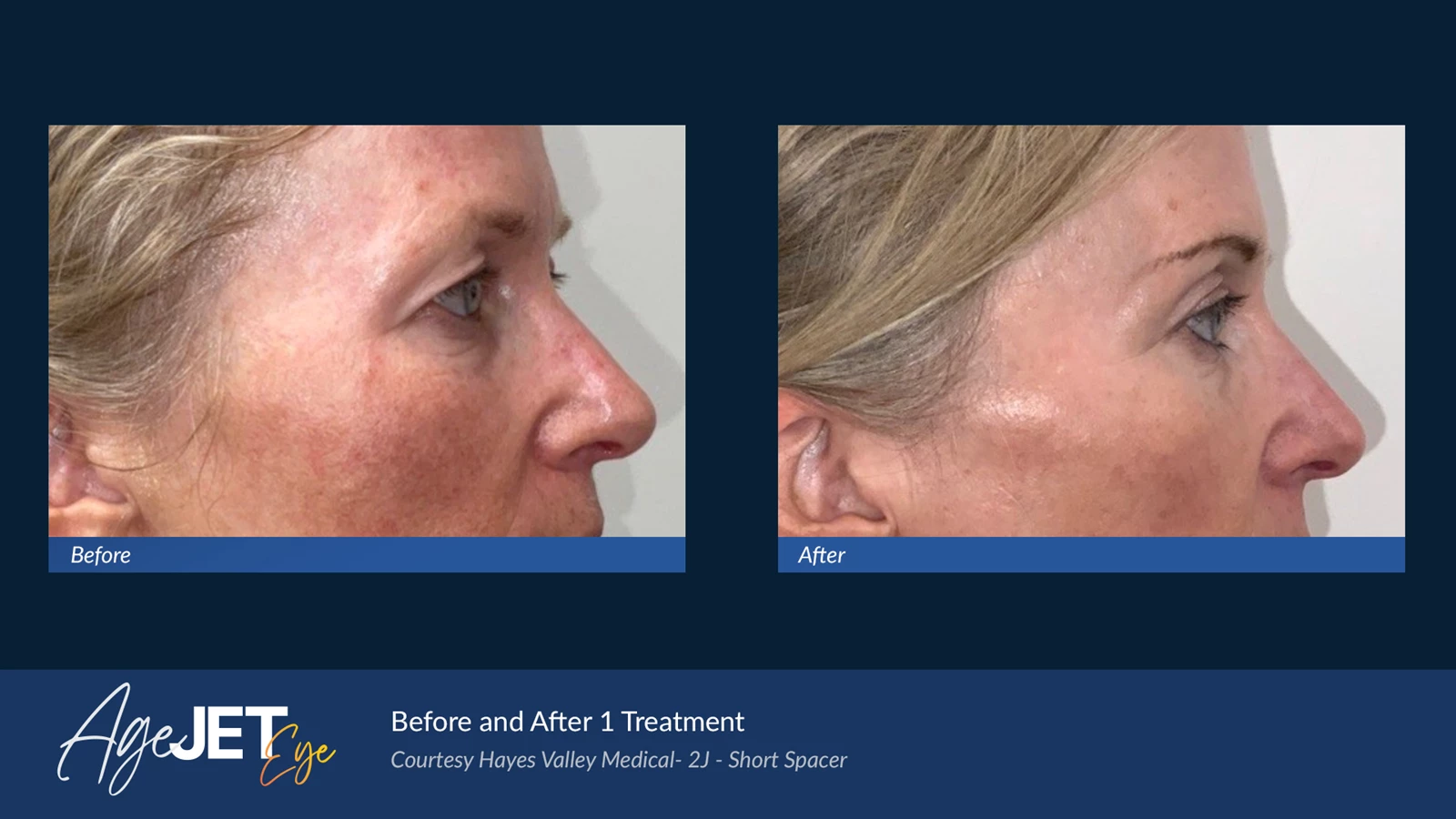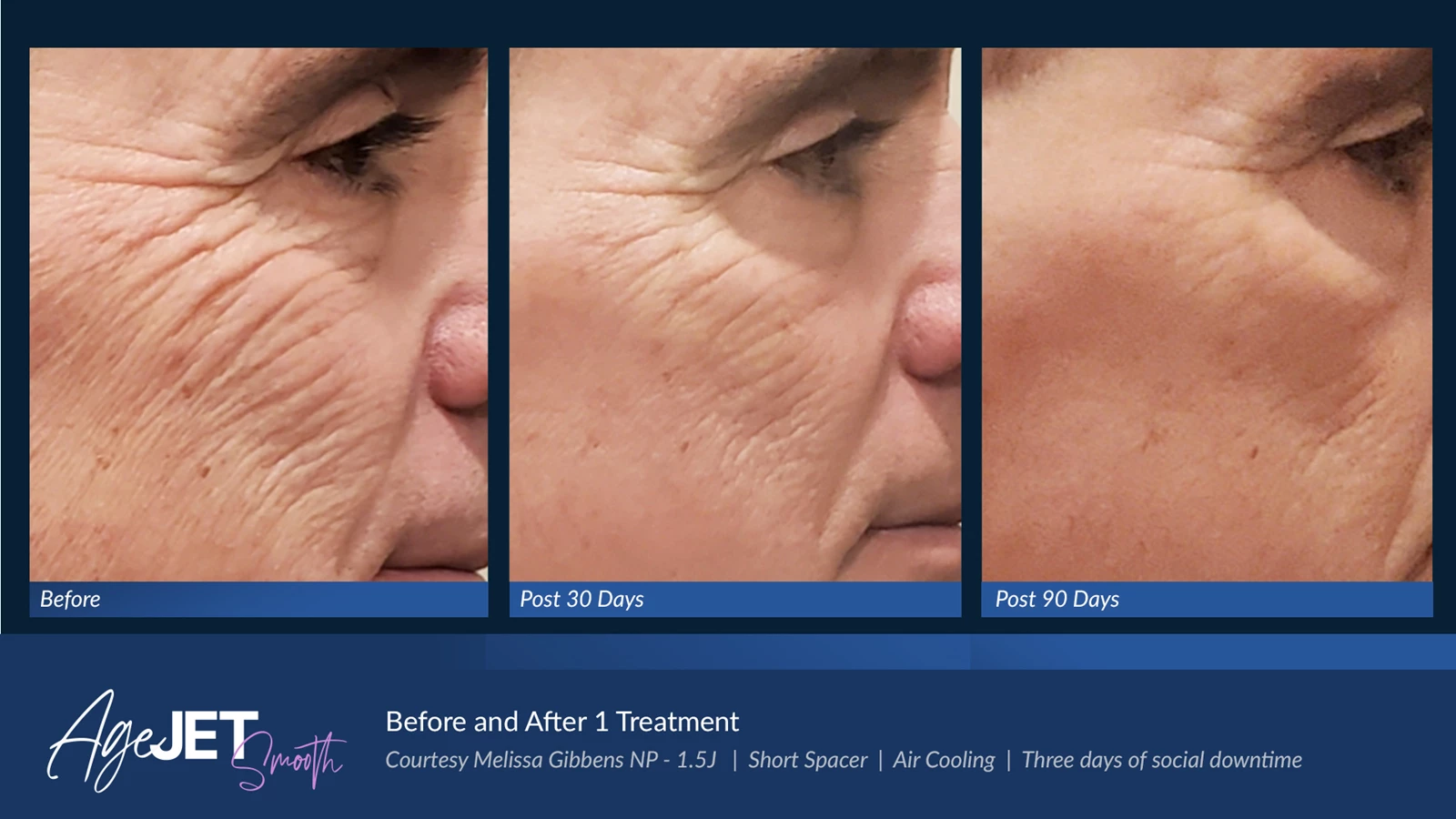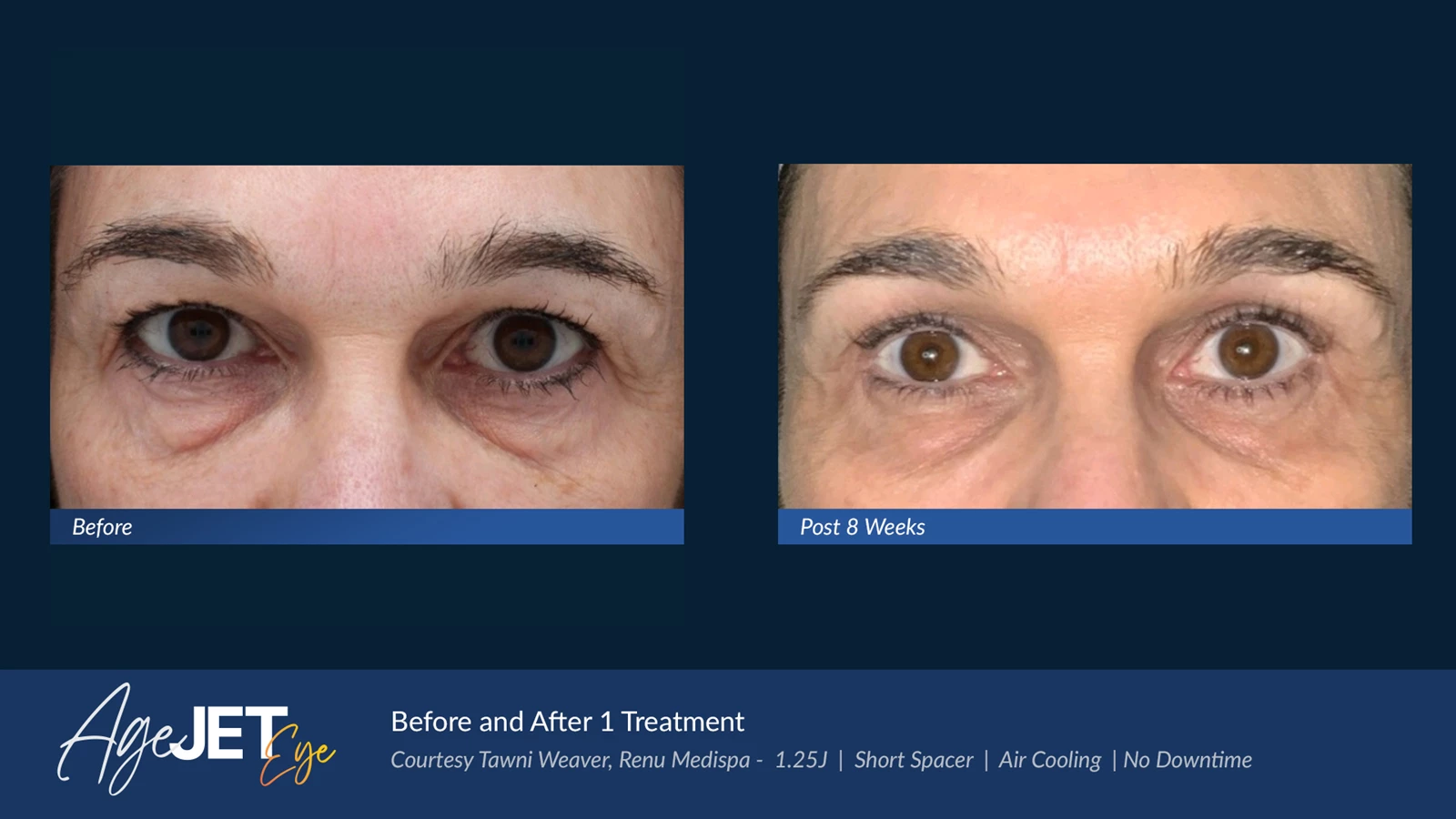Allergy Testing
The latest ELISA testing technology offers a comprehensive analysis by examining a small blood sample against 38 of the most common allergies. This advanced method uses IgE antibodies and provides highly accurate laboratory results, allowing you to confidently identify and manage allergies.
- Advanced ELISA testing
- Detects 38 common allergies
- Accurate results
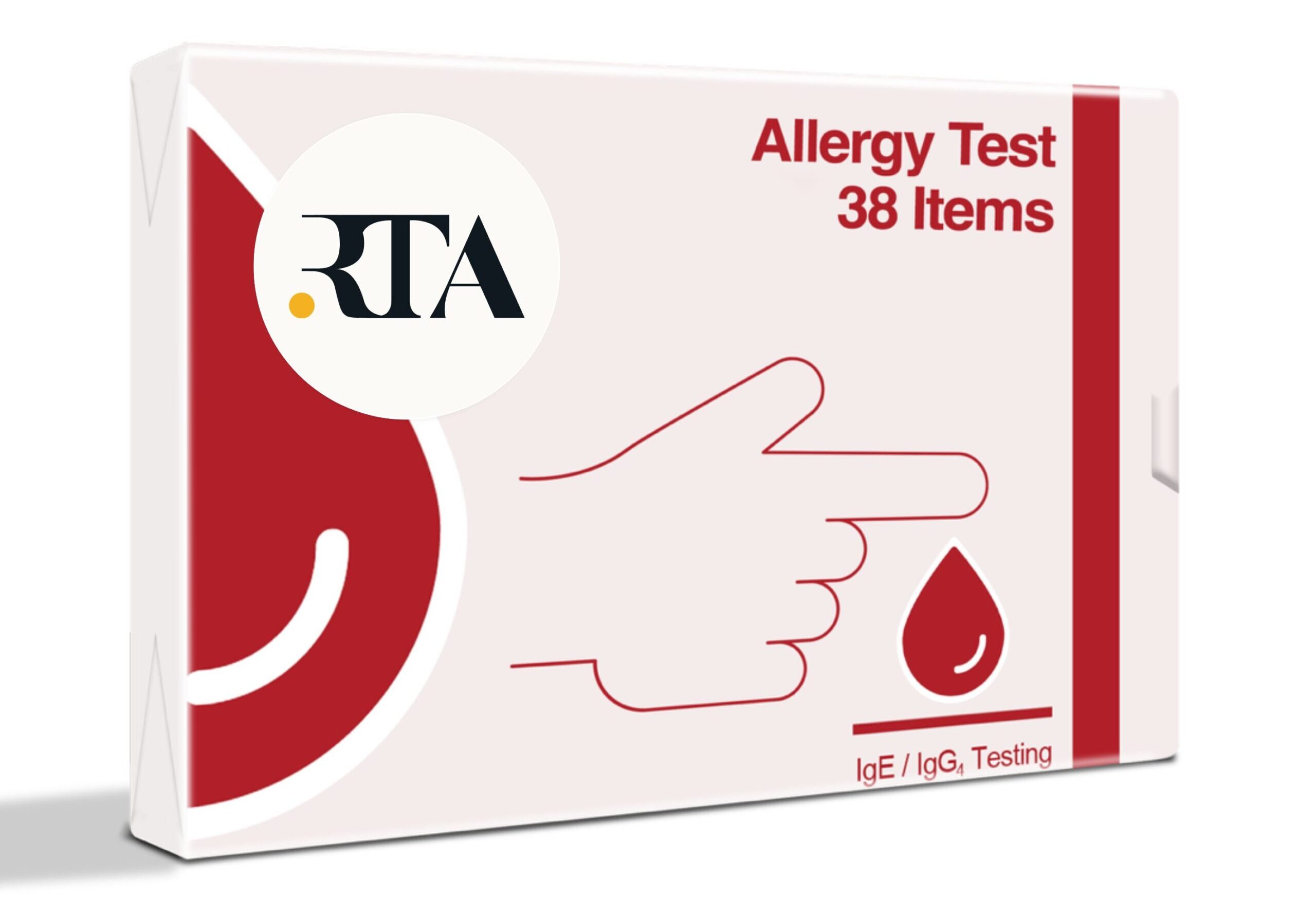
Our Awards & Recognition
A comprehensive overview of our distinguished credentials and awards, underscoring our commitment to excellence and quality.
More information
Allergy Testing
Our allergy test is a fast and cost-effective way of screening for 38 of the most common allergies including foods and inhalants. Using ELISA testing for raised IgE antibodies, this simple blood spot test offers accurate validated lab results to enable you to adjust your diet or lifestyle to reduce or avoid triggers. Understanding the causes of life-changing allergies in one simple test.
Results are delivered to you via one easy-to-understand report. The personal allergy report includes the following key elements:
– Explanations of the testing process.
– IgE reactions to items screened.
– Elimination diet recommendations.
Raised IgE (immunoglobulin E) antibodies are a recognised indicator of an allergy reaction. Allergy reactions are usually less common than intolerances and present as a more immediate reaction in the body. The allergy & intolerance testing labs work from category 2, ISO9001 accredited Allergy and intolerance testing laboratory.
What’s tested?
Check out an example PDF report below
Important Information
- Raised IgE values are clinically significant for identifying an IgE-mediated allergy.
- CE approved sample collection kit.
- Results are not a medical diagnosis but can assist your doctor or nutritional therapist in forming a diagnosis or ruling out a condition.
- Quantitative data using ELISA testing, with values measured in Kilounits per antigen per litre (KUA/L), and a universal cut-off point of 0.35 for classifying reactions.
- 97% reproducible results.
- Blood (ELISA) tests identify intolerance/sensitivity via specific IgG4 antibody reactions and allergies via specific IgE antibody reactions (IgE-mediated).
- Report information is for nutritional advice to optimise your diet and cannot diagnose, treat, or cure medical/health conditions.
- Antihistamines taken before or during sample collection may affect results; contact our team for guidance.
- Always seek advice from your doctor or qualified health provider if you have a medical condition or symptoms. Never ignore or delay professional medical advice.
Medical Disclaimer:
Our testing service and the information on this website are not intended to diagnose medical conditions, nor should they replace professional medical advice, diagnosis, or treatment. If you have a medical condition or concerns about your health, you should always consult your physician or a qualified healthcare provider. A medical professional should address any questions or concerns regarding medical conditions or symptoms. Third parties may provide some content, and we cannot verify the accuracy, completeness, or reliability of such content. Do not ignore or delay seeking professional medical advice based on information you have read on this website.














